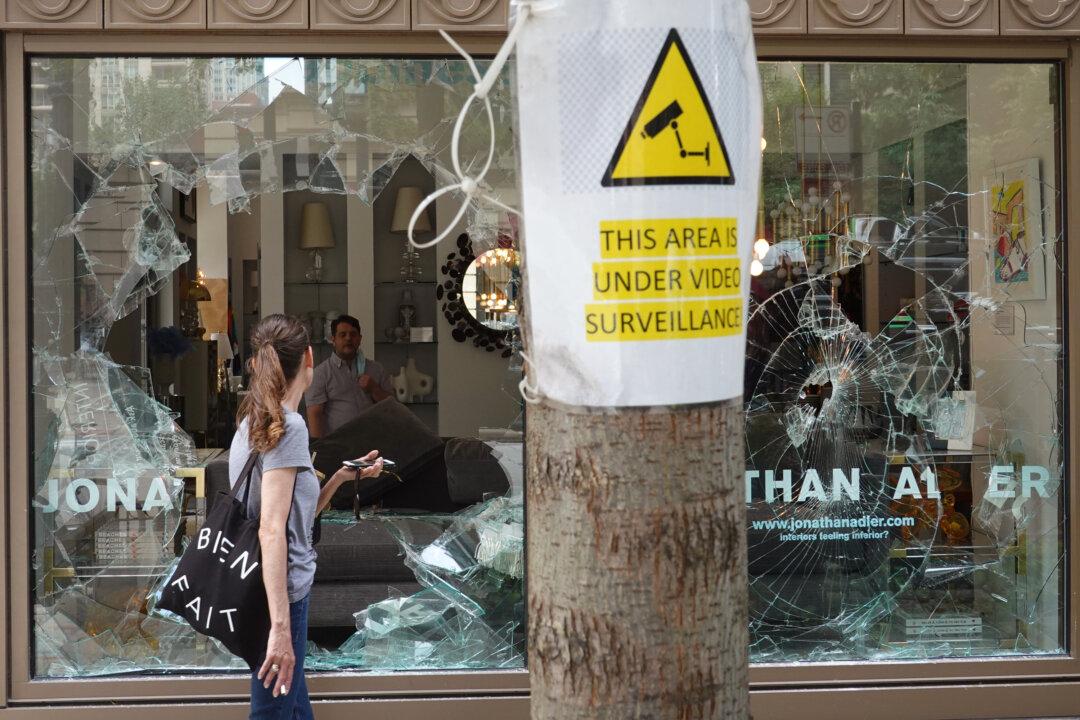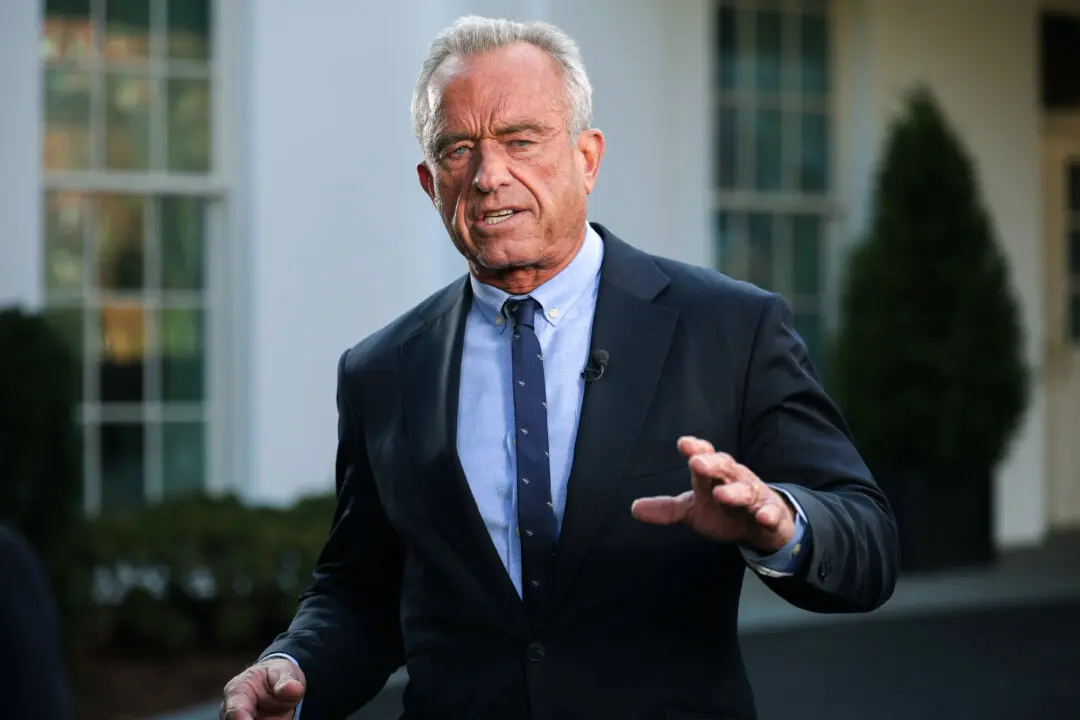The prosecutor who oversees Chicago said her office filed 42 charges related to the looting that took place in the city overnight Sunday.
Cook County State’s Attorney Kimberly Foxx said she and other prosecutors at her office approved 42 of the 43 felony charges sought by the Chicago Police Department related to the rioting.





